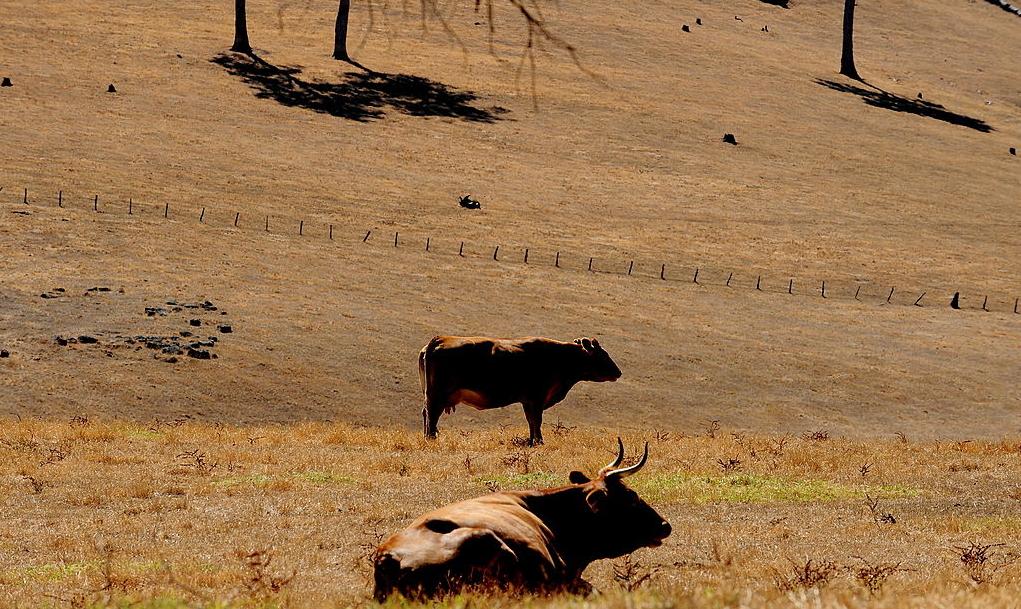A major revegetation event along the banks of the Canning River in Perth has been cancelled after the head of a local Aboriginal corporation demanded $2.5 million (US$1.7 million) citing cultural heritage laws.
The now-former CEO of the Whadjuk Aboriginal Corporation, David Collard, cited Western Australia’s contentious Aboriginal Cultural Heritage Act 2021 as the reason for the demand, according to 7 News.





